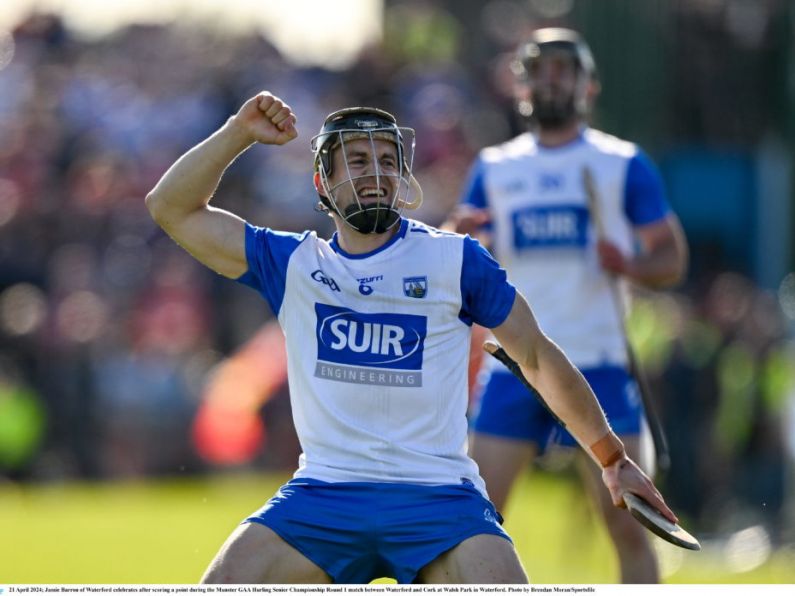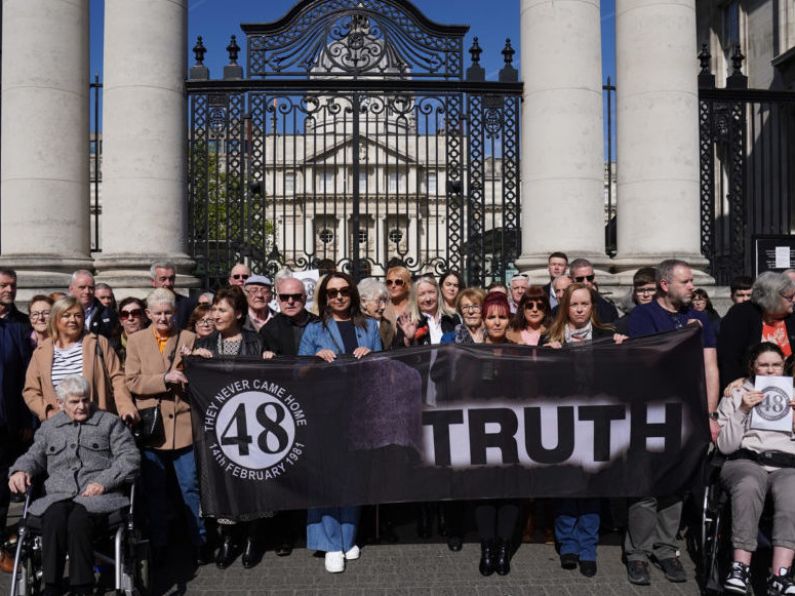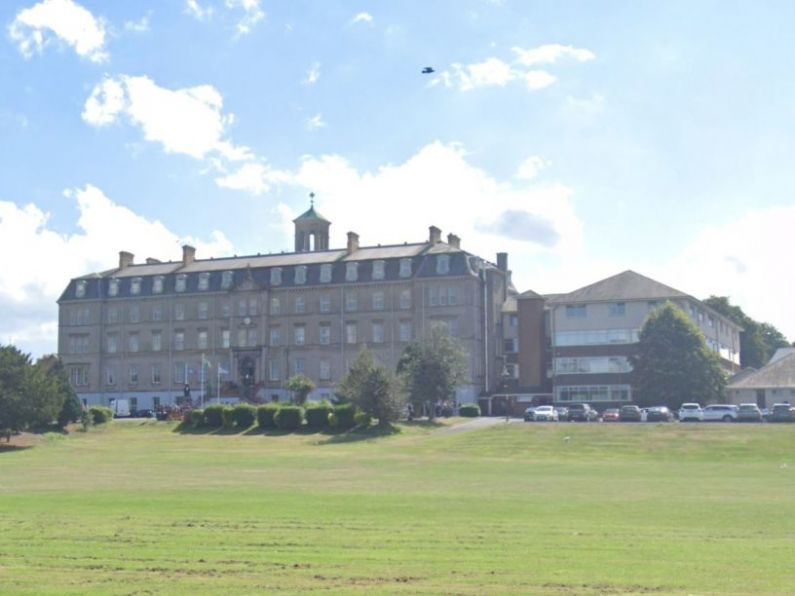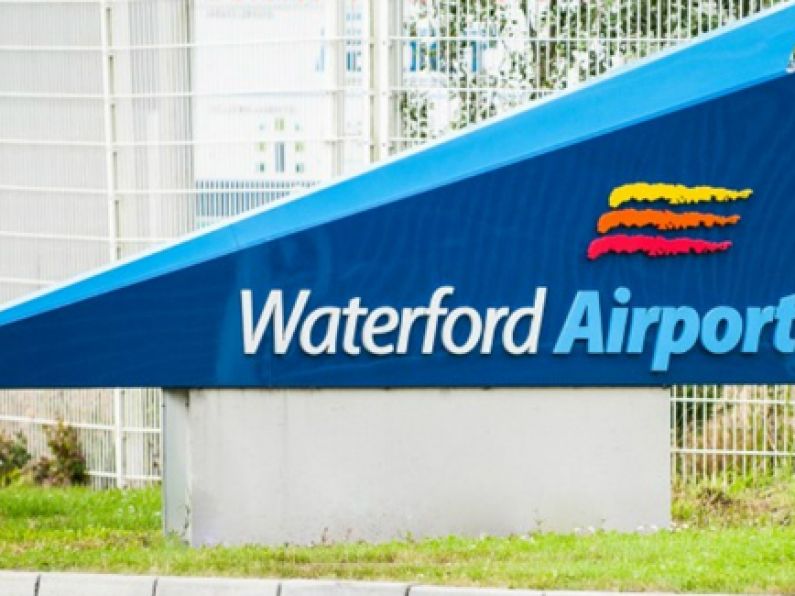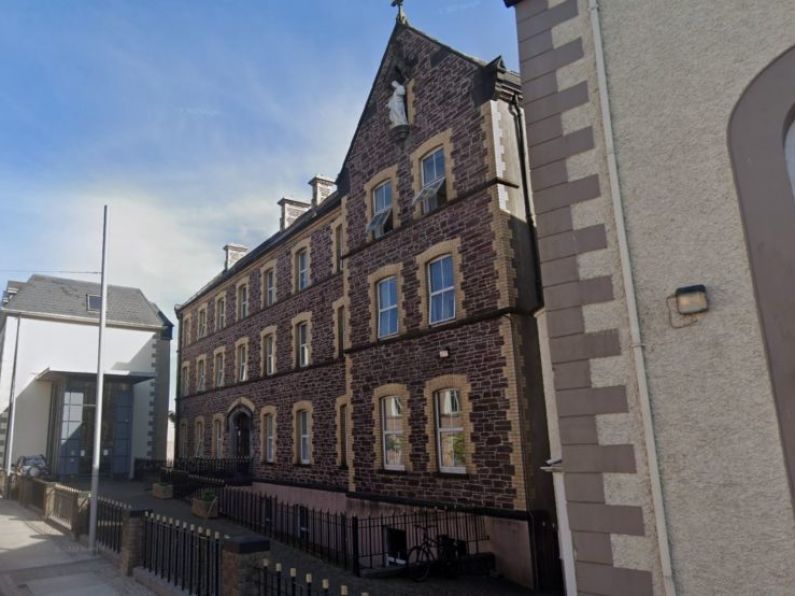A former Waterford Fine Gael town councillor who received the longest prison sentence for corruption ever handed down by the Irish courts has won his Supreme Court appeal over his conviction.
By a four to one majority today, the court quashed the conviction of Fred Forsey Junior.
He has already served his sentence and the matter has been put back for two weeks to allow the DPP to decide whether to seek a retrial.
Mr Forsey (aged 46), of Coolagh Road, Abbeyside, Dungarvan, Co Waterford, was convicted under the Prevention of Corruption Act in connection with receiving €60,000, €10,000 and €10,000 in 2006 in three corrupt payments from a property developer, who had an interest in a planning permission for the development of land at Ballygagin, Co Waterford.
He was also accused of behaving corruptly in trying to persuade officials and councillors in Waterford County Council to grant permission for the development, and when that was refused, attempting to alter the zoning of the land in the Waterford County Development Plan.
It was further alleged he tried to get Dungarvan UDC, of which he was formerly an elected member, to bring the lands into its control.
He died the charges and claimed the monies were loans.
In 2012, a jury at Waterford Circuit Criminal Court found him guilty and he was sentenced to six years imprisonment with the final two suspended.
In July 2016, the Court of Appeal dismissed his appeal against his conviction but he later got permission to bring a further appeal to the Supreme Court.
In his appeal, Mr Forsey, represented by Remy Farrell and Hugh McDowell BL, disputed the legality of a presumption of corruption against a holder of public office contained in Section 4 of the Prevention of Corruption Act.
The prosecution relied on the presumption in arguing the section imposed an obligation on Mr Forsey to disprove corruption.
Giving the majority court judgment today, Ms Justice Iseult O’Malley said, as a result of a mutual legal error on the part of the defence, prosecution and trial judge, Mr Forsey was subject to a trial process that breached his right to be presumed innocent. The interpretation of Section 4 adopted in the case was contrary to legal authority, she said.
In the circumstances, she could not conclude the trial was conducted in due course of law.
Dissenting, Mr Justice John McMenamin considered the prosecution case was overwhelming and the defence evidence concerning the alleged loan was discredited to the extent no jury could have concluded Mr Forsey was not guilty.




